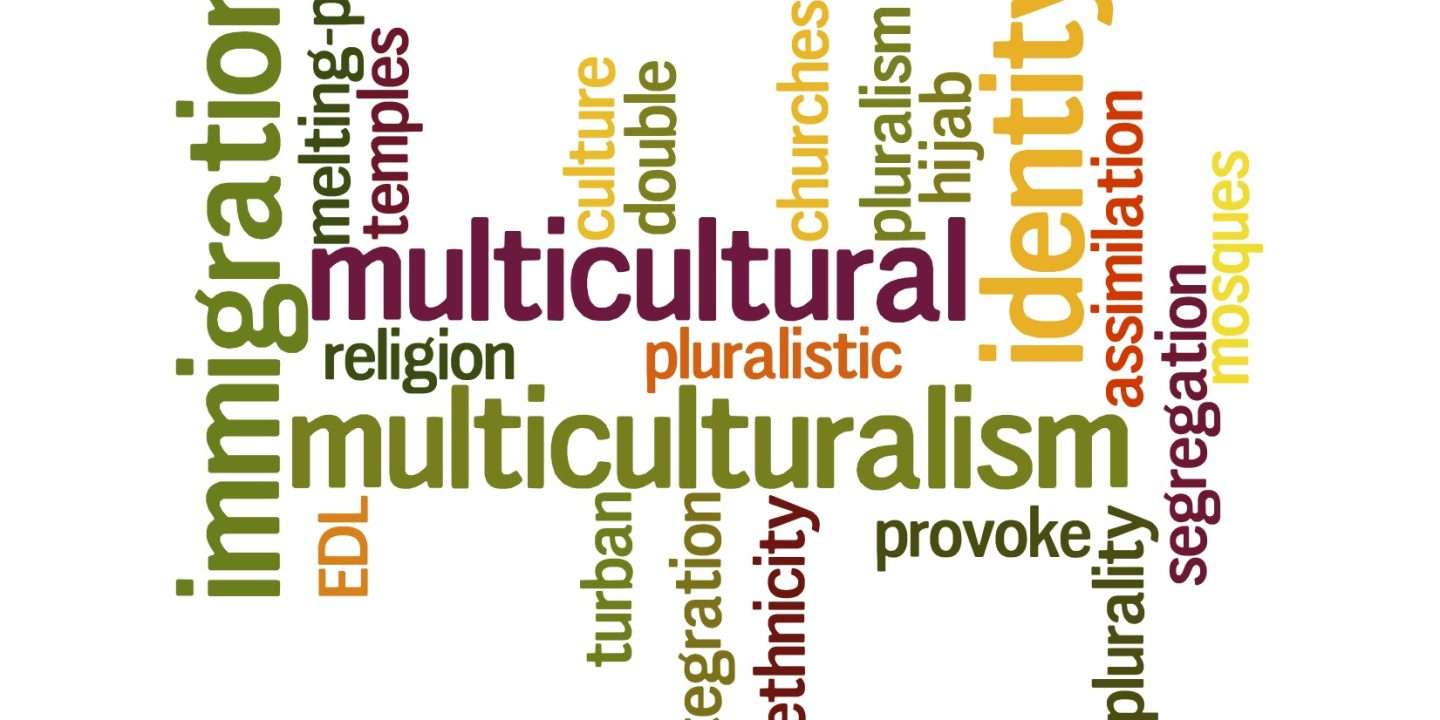
Welcome to a thought-provoking exploration of the importance of respect for religious and cultural practices. In this comprehensive article, we delve into the significance of embracing diversity and fostering understanding, shedding light on the profound impact it has on individuals, communities, and society as a whole. Join us on this enlightening journey as we explore the depths of respect for religious and cultural practices.
The Essence of Respect for Religious and Cultural Practices
Respect for religious and cultural practices is the cornerstone of a harmonious and inclusive society. It encompasses acknowledging, appreciating, and valuing the beliefs, customs, and traditions of diverse communities. By recognizing the significance of these practices, we create an environment that celebrates diversity and fosters mutual respect.
Embracing Diversity: A Tapestry of Traditions
Religious Practices: A Spiritual Kaleidoscope
Religious practices form an integral part of people's lives, guiding their values, morals, and spiritual journeys. The world is adorned with a rich tapestry of religious traditions, each offering unique perspectives on faith, devotion, and enlightenment. From vibrant rituals and sacred ceremonies to prayer, meditation, and pilgrimage, religious practices provide individuals with a sense of purpose, belonging, and connection to something greater than themselves.
Cultural Practices: A Celebration of Identity
Cultural practices encapsulate the customs, behaviors, and expressions that define a particular group of people. They embody the collective wisdom, history, and heritage of a community. Cultural practices manifest in various forms, including music, dance, art, cuisine, clothing, festivals, and rites of passage. By preserving and honoring these practices, we nurture a sense of identity, pride, and continuity across generations.
Fostering Understanding: Bridges of Empathy and Compassion
Breaking Down Stereotypes: A Path to Empathy
Respect for religious and cultural practices dismantles stereotypes and misconceptions, paving the way for empathy and understanding. By engaging in open dialogue, actively listening, and seeking knowledge about diverse practices, we challenge preconceived notions and broaden our perspectives. Understanding the intricacies of different practices fosters empathy and allows us to view the world through a more compassionate lens.
Interconnectedness and Global Citizenship
In an increasingly interconnected world, respect for religious and cultural practices is essential for nurturing global citizenship. Recognizing the inherent value of diverse traditions cultivates a sense of shared humanity and encourages collaboration across borders. By embracing diversity, we foster mutual respect, peaceful coexistence, and the collective pursuit of a more inclusive and equitable world.
5 FAQs about Respect for Religious and Cultural Practices
FAQ 1: Why is respect for religious and cultural practices important?
Respect for religious and cultural practices is vital because it promotes inclusivity, cultivates understanding, and fosters harmony within diverse communities. It encourages dialogue, empathy, and the celebration of differences, leading to a more tolerant and cohesive society.
FAQ 2: How can we demonstrate respect for religious and cultural practices?
Demonstrating respect involves actively listening, engaging in intercultural dialogue, and educating ourselves about different practices. It also means refraining from judgment, reframing our perspectives, and embracing the beauty of diversity.
FAQ 3: What are the benefits of embracing diversity?
Embracing diversity brings numerous benefits, including increased cultural awareness, enriched social interactions, enhanced creativity, and improved problem-solving abilities. It also strengthens community bonds, encourages innovation, and fosters a sense of belonging for individuals from diverse backgrounds.
FAQ 4: How does respect for religious and cultural practices contribute to social cohesion?
Respect
for religious and cultural practices nurtures social cohesion by fostering a sense of belonging and acceptance. When individuals feel valued and understood, they are more likely to contribute positively to their communities, fostering trust, cooperation, and a shared commitment to social progress.
FAQ 5: What role does education play in promoting respect for religious and cultural practices?
Education plays a pivotal role in promoting respect by fostering cultural literacy, teaching tolerance, and challenging biases. By integrating multicultural perspectives into curricula and encouraging critical thinking, education equips individuals with the tools to appreciate and embrace diversity.
Conclusion
Respect for religious and cultural practices is an invaluable foundation for a harmonious and inclusive society. By embracing diversity, fostering understanding, and celebrating the tapestry of traditions that enrich our world, we create an environment where every individual feels seen, heard, and valued. Let us cultivate respect, empathy, and compassion as we navigate the complexities of our multicultural world, forging paths towards unity and collective growth. Together, we can create a future where respect for religious and cultural practices thrives, shaping a world that cherishes and celebrates the beauty of diversity.










